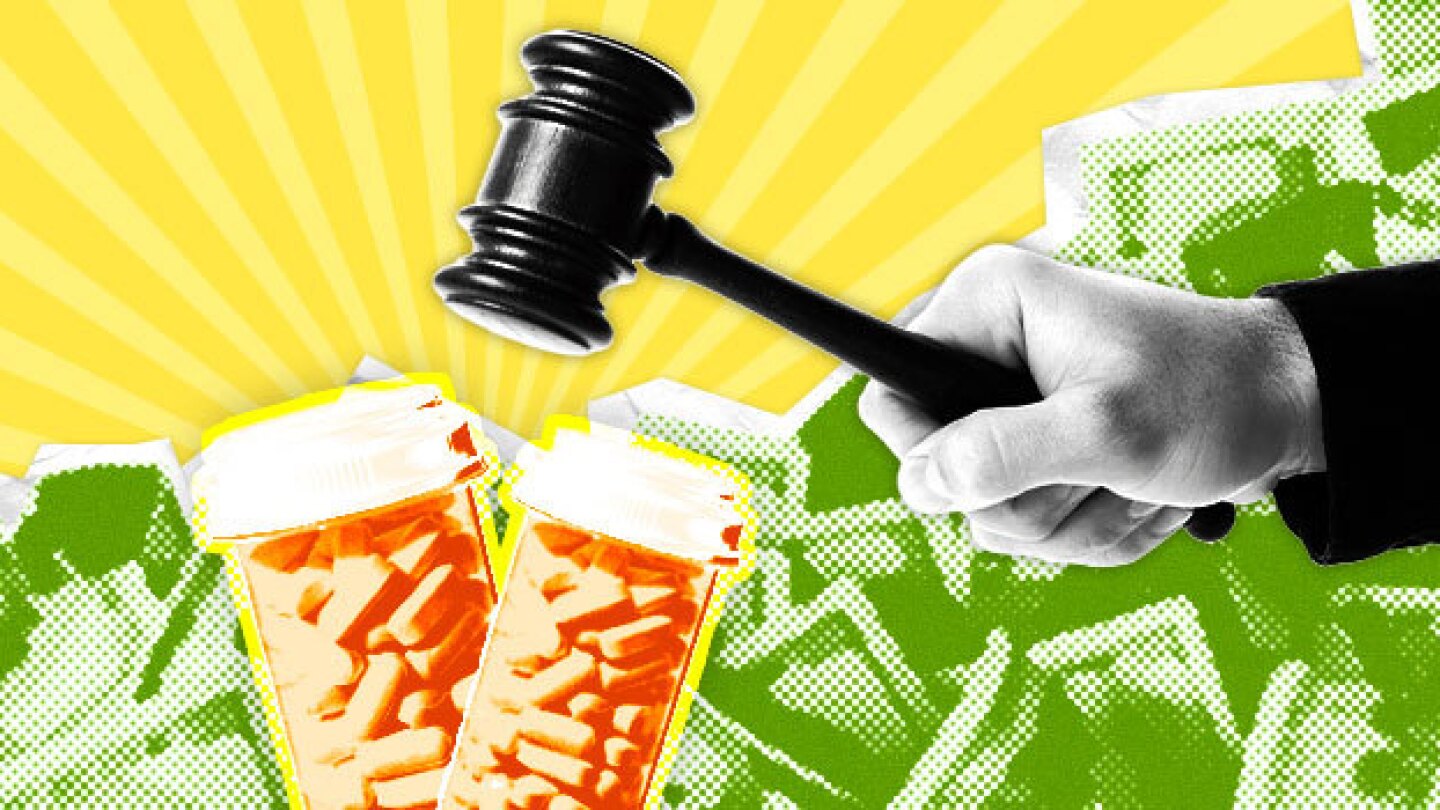News
Jay Bhattacharya will become the latest leader of the CDC on an acting basis, days after Jim O’Neill stepped aside.
FEATURED STORIES
PitchBook’s 2025 biopharma VC analysis clocked $33.8 billion in capital dispatched in 2025, mainly to companies with later-stage programs ready to roll into the clinic.
Long an R&D company that partnered off assets, RNAi biotech Ionis Pharmaceuticals shifted in 2025 to bring two medicines to market alone. Analysts are already impressed—and there’s more to come in 2026.
Regulatory uncertainty is no longer background noise. It is a material investment risk that reshapes how capital is deployed and pipelines are prioritized.
FROM OUR EDITORS
Read our takes on the biggest stories happening in the industry.
The FDA’s refusal to review Moderna’s mRNA-based flu vaccine is part of a larger communications crisis unfolding at the agency over the past nine months that has also ensnarled Sarepta, Capricor, uniQure and many more.
THE LATEST
The FDA outright refuses to review Moderna’s mRNA-based flu vaccine as CBER director Vinay Prasad’s conduct is scrutinized; Disc Medicine receives an unexpected rejection, which Prasad may also have had a hand in; Compass Pathways posts new late-stage data on its psilocybin-based depression drug; CDC is once again leaderless.
With leaner teams and tighter budgets, senior leaders can face tremendous strain as they juggle increased workloads and leadership responsibilities. In this column, Kaye/Bassman’s Michael Pietrack discusses how pressure builds and what can ease it.
An analysis finds that pharmas frequently file multiple similar patents on drugs, then use them as the basis for questionable litigation against would-be competitors.
Disc Medicine’s leadership tried to express optimism that its rare disease therapy bitopertin can be approved based on a Phase 3 trial set to begin shortly. However, analysts are worried that the protocol was developed with former FDA leaders.
Evidence of durability of psilocybin-based COMP360 is a key point for the FDA, according to Compass Pathways Chief Medical Officer Guy Goodwin. By providing 26 weeks’ worth of such data instead of the requested 12, the company is delivering “in spades,” he said.
Competing with giants like Takeda and Moderna, the plucky biotech believes it has unlocked a future with an easy, yearly oral vaccine.
Following the successful late-stage study in wet age-related macular degeneration, Ocular plans to meet with the FDA to determine a regulatory path for Axpaxli.
Johns Hopkins’ Thomas Hartung discusses how drug discovery and development will change under evolving regulatory policies that embrace AI technology as well as organoid and other non-animal models of human biology.
The limited supply of this common reagent is set to drive drug prices higher, but there are ways for companies to lessen the impact.
Suppliers are investing in production to support deals with AstraZeneca, Bayer and other drugmakers that are advancing radioisotope-based cancer therapies.






















